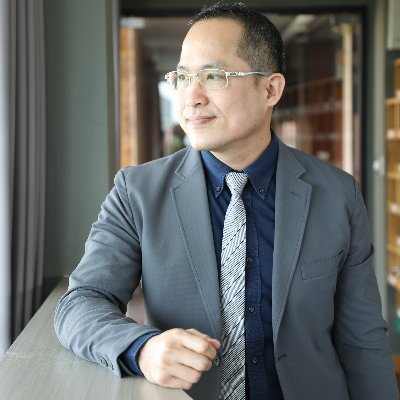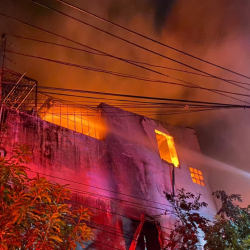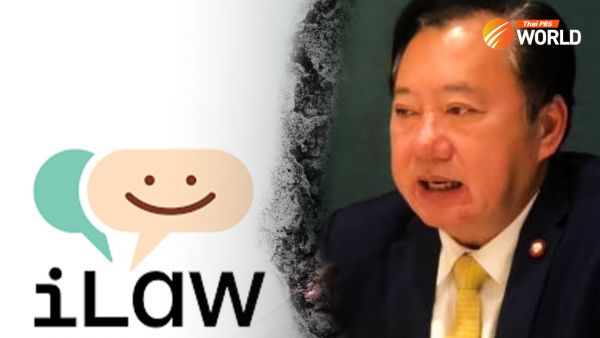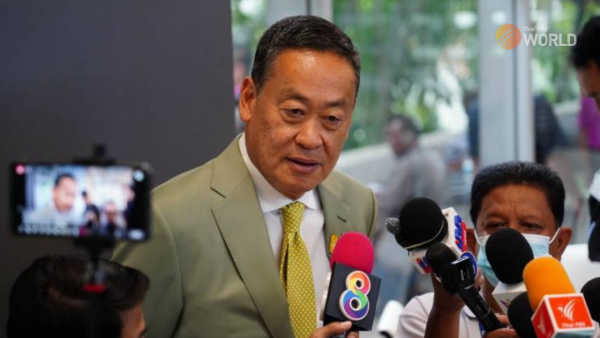Aging Thailand agonises over welfare state as elderly subsidy cut

Grey clouds gather over Thailand’s welfare state as elderly subsidy cut
Thailand’s universal welfare has taken a backward step with the caretaker government’s recent decision to limit monthly subsidies of 600 to 1,000 baht per head to just poor, elderly Thais.
Previously, all elderly Thais were eligible.
But those who register themselves as elderly from now on will not receive monthly state subsidies unless they can prove that they do not have enough income or resources to live on.
“I am worried that millions of elderly Thais will not get state support despite being poor,” 67-year-old Saiyud said.
She explained that it is not easy to prove one’s poverty given the various criteria that must be met. For example, she was refused a welfare card just because, with her children, her household income exceeds 100,000 baht a year.
“But in reality, my kids never give me money,” this elderly woman said.
Fortunately, Saiyud ranks among 10.8 million elderly Thais whose right to the state-provided monthly subsidies is not affected because they registered before the new rules came into force on August 12.
Yet, she feels bad because she knows the hardships that impoverished elderly citizens face in their lives. While the government’s monthly subsidy is small in amount, it is regular income they can rely on.
Going backward
The State Welfare for Equality and Justice (We Fair) group has vowed to fight the new rules by petitioning relevant authorities, including the Social Development and Human Security Ministry and the Finance Ministry.
“With the new rules, it’s like we have gone back to pre-2009 times,” lamented Nitirat Sapsomboon, We Fair’s director.

Thailand began offering monthly subsidies to the elderly poor in 1993 during the term of the Chuan Leekpai-led government. Kamnans and village heads were responsible for identifying who was eligible. Those who qualified each received 200 baht a month. Over time, the monthly subsidy rose to 300 baht.
A big breakthrough came in 2009 when the Abhisit Vejjajiva-led government changed the criteria to deliver a universal elderly subsidy. All elderly Thais – not just the poor – were eligible to receive 500 baht a month from the state. Only state pensioners such as retired civil servants were excluded from the scheme.
During the past decade, state-provided monthly subsidies have risen to reach the current minimum rate of 600 baht. Those in their 60s receive 600 baht a month, which rises to 700 baht when they turn 70 and 800 baht at 90. Those aged over 90 receive 1,000 baht a month.
Ahead of the May 14 general election, several political parties made big promises to hike elderly subsidies significantly. For example, the Move Forward and Thai Srang Thai parties pledged to raise it to 3,000 baht per month. So, the public was surprised when the new rules on elderly subsidies suddenly appeared in the Royal Gazette earlier this month.
“The new rules mean the government no longer provides universal welfare to the country’s elderly population. What they will do is offer help to the poor,” Nitirat said.
Rationale behind new rules
Finance Ministry permanent-secretary Krisada Chinavicharana said the recent move aims to foster long-term fiscal sustainability. He also explained that the government would be able to save huge amounts in budget if monthly subsidies are targeted at the elderly who really need them, rather than all elderly Thais.

In the 2021 fiscal year, the government paid out 79.3 billion baht as monthly subsidies to 10.48 million elderly Thais. In the following fiscal year, the expenditure rose to 82.43 billion baht as the number of elderly Thais rose to 10.91 million. In the current fiscal year, 2023, the number of elderly Thais had jumped to 11.21 million and looks set to rise further. By 2030, Thailand will become a super-aged society, with the elderly accounting for 28% of its population.
“We used to allocate 50 billion baht per year as the budget for the elderly’ monthly subsidies. But in the next fiscal year, the budget required will be as much as 90 billion baht. That’s why we need to adjust our approach,” Deputy Government spokesperson Rachada Dhnadirek said.
Other solutions recommended
Theepakorn Jithitikulchai of Thammasat University’s Faculty of Economics commented in a recent article that the government’s recent move was born of a reluctance to change the country’s structure of inequality.
“In other words, it does not want to collect [more] tax from the rich to make society fairer,” the academic said.

The government is afraid of touching the interests of the minority at the top of Thai society’s pyramid to the point that it ignores all proposals recommended by the people’s sector, academic circles, and even many political parties, he added.
“In fact, even if the monthly subsidy for the elderly rose to 3,000 baht, the budget required would be far smaller than what the government spends on retired civil servants,” Theepakorn pointed out.
If the government feels that the budget is rising worryingly, it should review the country’s current structure and find out ways to allocate resources in a fairer manner, he said.
“While there are many proposed solutions, the government chose to cut the budget for elderly Thai’s subsidies. We are now at a crossroads. If the government does not lay down a strong foundation for a harmonious and fair society, Thailand will be full of poverty in the next 10 to 20 years,” Theepakorn warned.
Sustarum Thammaboosadee, another lecturer at Thammasat University, said monthly subsidies for the elderly sustained their families and reduced their concerns. However, while the government did not dare reduce the budget of agencies like the Defence Ministry, it had shown no reluctance to cut the benefits of many elderly Thais, he added.
“All Thais pay taxes to the government. They deserve welfare. No one should be left out,” he commented.

Nimit Tien-udom, who advocates for a broader welfare state, agreed with the idea of using other measures in raising government income to ensure all elderly Thais still receive monthly subsidies from the state.
“Reform the tax system and impose wealth taxes, capital gains tax and land vacancy taxes,” he recommended.
Nimit added that the process of proving they were in poverty was complicated and also hurt the dignity of many Thais.
Move Forward MP Sia Jampathong said his party was upset with the caretaker government’s move to cancel the universal monthly subsidy for elderly Thais. “We have already expressed our stance. We will be pushing for a pension-for-all law,” said the lawmaker, whose party appears to be heading for opposition despite winning the May election.
By Thai PBS World’s Political Desk






